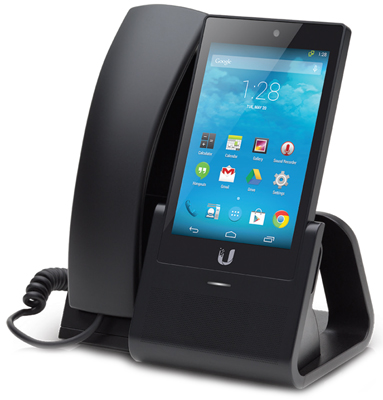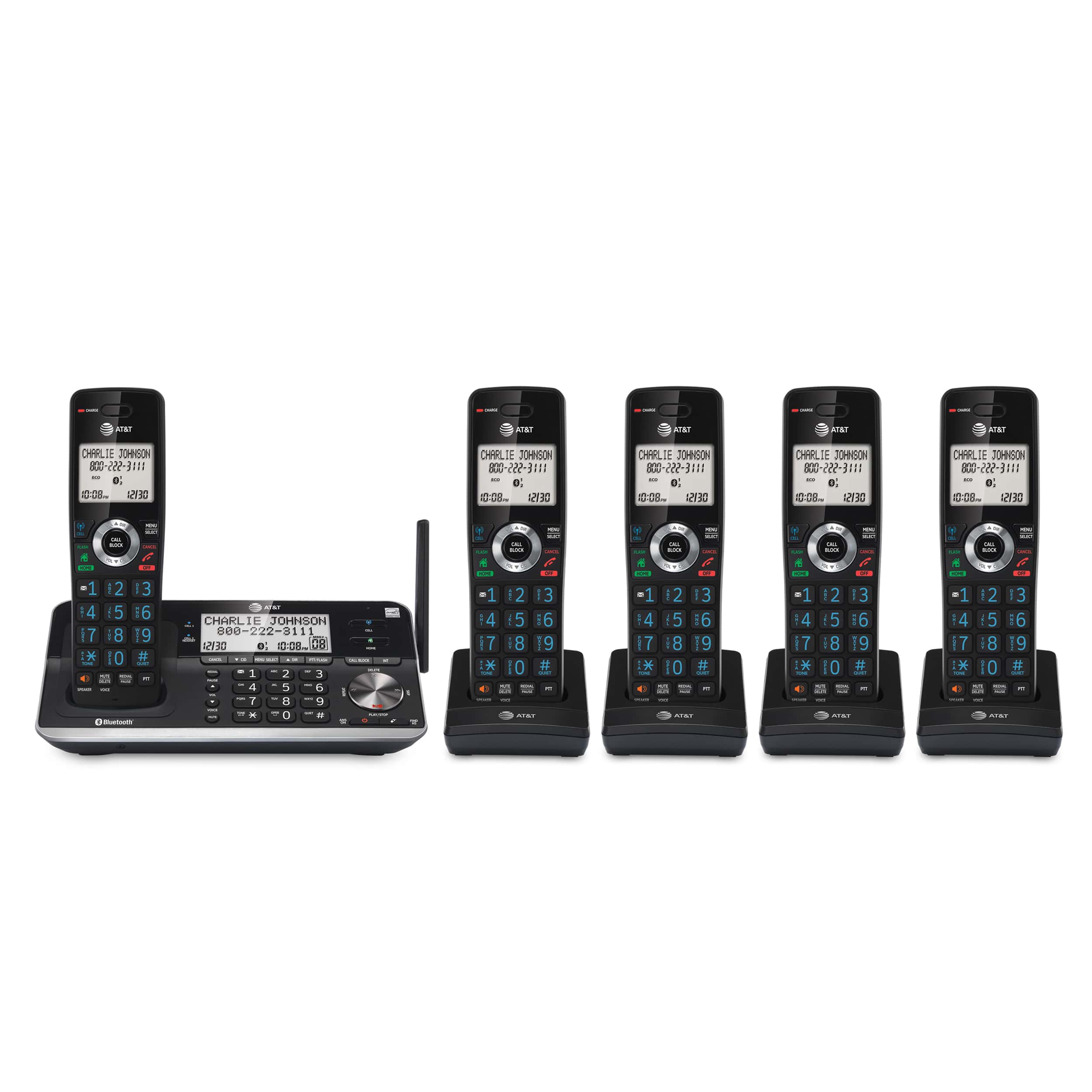

Cordless devices might cost more and have smaller screens, but both the handset and their docking station are more portable. However, if you often move around within your place of work, you should get a handset. Furthermore, they possess larger screens and they cost less than their cordless counterparts. Desk phones can handle multiple lines and extensions at the same time (even via expansion modules) and they have hard keys with which you can give commands related to calls and voicemails. If you are stationed at the same space for longer periods of time, or you are an attendant/system operator, you need a desk phone. Handset vs Desk Phoneīefore you decide whether you want a handset or a desk phone, take into consideration your preferences and the intended use of your VoIP system. And most importantly, there is the power issue: not only do handsets require batteries to operate, but if there is a power outage, their docking stations are out of the game. Unlike smartphones, you have to stay within a certain range from the docking station. However, since handsets communicate via radio waves, there is a huge chance of interference caused by other cordless devices. Last but not least, the most up-to-date handsets come with advanced features like picture caller-IDs, contacts syncing, a headset jack and HD voice. You can also have it double as a neat little intercom system (which can even serve as baby monitors). Furthermore, thanks to dual handsets, you can have two or more cordless phones linked to the same docking station, meaning you can place handsets anywhere to easily pick up calls when needed. The biggest, and probably the most obvious advantage is that you can move quite far away from the receiver without being bothered by phone cords.

There are some very good reasons why more and more people are buying handsets instead of desk phones. But in which cases should you opt for a desk phone unit or a cordless handset? And which are the best VoIP handsets available on the market? Pros & Cons of Handsets Despite still not being as widespread as VoIP desk phones, cordless phones have many pros with which they easily beat their fixed counterparts. This is where cordless phones, also known as handsets, come into the picture. If you’re continuously on the move within your company’s facilities, you need something with more or less the same features of a desk phones, but with the convenience of portability. Even though modern desk phones, especially those that are VoIP compatible by default, have many advanced features, there is one major disadvantage you cannot avoid: they are not portable unless you detach them from the cloud phone system.


 0 kommentar(er)
0 kommentar(er)
